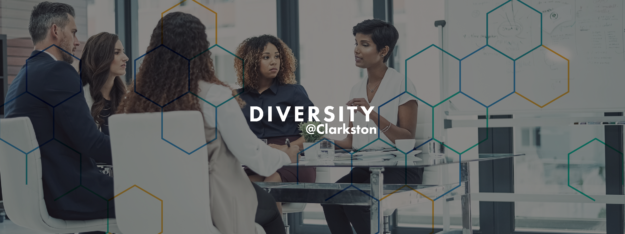A critical component to effective DE+I change enablement, is turning awareness into action when it comes to the concept of allyship. This workshop focuses on understanding the key tenants of allyship, creating psychological safety, collective responsibility, and turning allyship from an identity to concrete actions.
Attendees will walk away with frameworks to leverage on their journey towards being an effective ally.
Learning Objectives
So, What is Allyship?
Discuss and understand concepts of identity, community, privilege, the importance of allyship, the differences between being an ally and an accomplice, and the power of empathy.
Creating Safe Spaces
Focus on how your role as a leader, peer, manager, or coach can affect the psychological safety of those that you work with. Learn how to push through discomfort in various situations.
Speaking Up
Become a stronger ally and learn how to identify situations where an ally is needed. Self-reflect on your personal journey, and how you can be an ally in every situation.
Allyship: From Identity to Action
Identify concrete actions and frameworks to leverage in your journey towards being an effective ally. Commit to personalized steps to catalyze your effectiveness as an ally.
IDEAs Seminar Methodology
Inform
Raise awareness for the topic, concept and/or idea.
Discuss
Facilitate an open conversation through safe and open dialogue.
Engage
Encourage attendee participation and ownership on the path forward.
Action
Ideate calls to action to catalyze change – with every participant committing to action.

Our Perspective on DE+I Training:
- We think about the difference between knowledge and skills. We focus on less telling, more doing, with an emphasis on practical application of learned knowledge and skills.
- We treat the learners as consumers on a journey, that starts from the will/need to learn a new skill to the application and mastery of the skill.
- We curate the experience and inject the right stimulus at the right time to ensure lessons are reinforced and skills applied. This allows learners to come to the “aha” moments and draw their own conclusions.
Want to learn more about our IDEAs seminar?
Contact Us